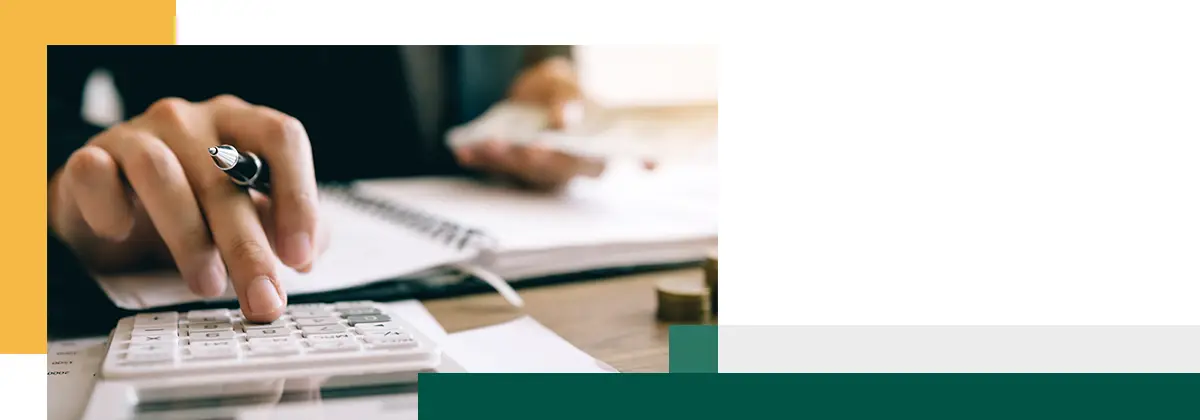2025-10-21
How we helped a client decide between a consumer proposal and bankruptcy
A client thought bankruptcy was their only way out. See how a consumer proposal helped them keep their home and repay debt with confidence.
2025-09-25
Author: Dean Prentice
If you are retired and have a large debt load, you may be considering filing for bankruptcy. You may also be wondering, however, what will happen to your retirement income and investments if you declare bankruptcy.
There are three main sources of income when you retire: government-sourced income, income from exempt assets and income from non-exempt assets.

Government Retirement Income
The most common sources of government retirement income are Canada Pension Plan (CPP) and Old Age Security (OAS) income. Neither income is affected when you file for bankruptcy. In fact, there may be an advantage to filing for bankruptcy if you owe Canada Revenue Agency (CRA) for outstanding personal income tax and you are entitled to CPP. Only CRA is allowed to garnish your CPP income to collect the amount owed to them for outstanding personal income taxes. By filing an assignment in bankruptcy, CRA will be required to cease the garnishment of your CPP and you will receive the full amount of CPP you are entitled to. That being said, the income received from CPP and OAS will be included in the calculations to determine if you have surplus income during your bankruptcy.
Exempt Assets
The most common retirement exempt assets include Registered Retirement Savings Plans (RRSP), registered company pension plans (RPP) and a Locked-In Retirement Account (LIRA), also known as a Lock-In Retirement Savings Plan. The assets in a RRSP, RPP and LIRA are exempt from seizure by a bankruptcy Trustee and you will continue to receive income from these investments. Notwithstanding their exempt status, the income stream from these assets will be included in the calculation to determine if you have surplus income.
Non-Exempt Assets
The final source of retirement income comes from non-exempt assets. These include assets such as Tax Free Savings Accounts, rental income properties, mutual funds and marketable securities. In a bankruptcy, these assets, if they are not subject to a registered security agreement, will be subject to seizure by the trustee for the benefit creditors. As a result, you would lose the income stream from these assets.
If you are retired and have a large debt load, contact one of our Licensed Trustees to discuss the best option for your particular situation.
2025-10-21
A client thought bankruptcy was their only way out. See how a consumer proposal helped them keep their home and repay debt with confidence.
2025-10-20
Alternatives to Bankruptcy Bankruptcy Consumer Proposal Lifestyle Debt MNP Consumer Debt Index
Just when seniors should be relaxing and enjoying the fruits of their labour, many find themselves struggling financially — an unsettling contrast to the ease they’d hoped to live their golden years.
2025-10-17
This is called buyer’s remorse. In some cases, Canadian law provides protections that can help you reverse these costly decisions and avoid sinking further into debt.